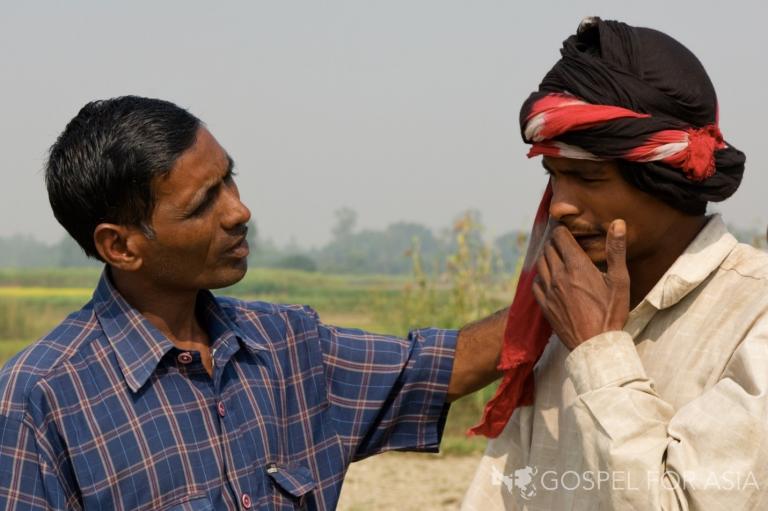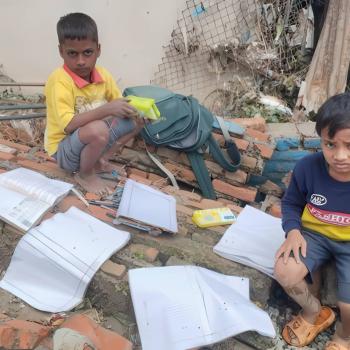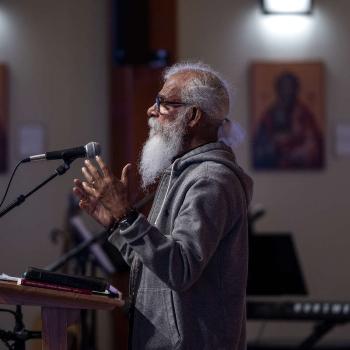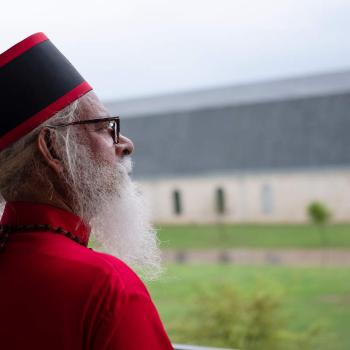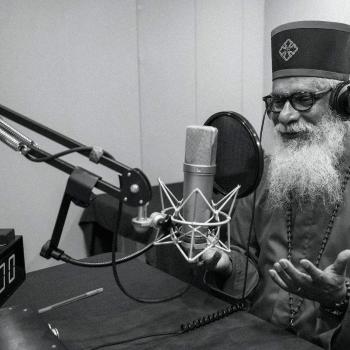Gospel for Asia (GFA World), Wills Point, Texas – Discussing the purpose, passion and impact of National Missionaries.
Dr. KP Yohannan’s seminal book, Revelation in World Missions, may have been inspired in part by a recognition that the nations of the world were themselves facing major changes in the post-World War II era. Many nations, previously parts of global empires, were experiencing the early stages of independence. Independence is the favorite traveling companion of national identity.
Whenever or wherever one nation is subject to another there is always some measure of lost identity that accompanies the loss of governmental and economic control. This has been true through all of recorded history. Ruling governments, including the Greek and Roman empires, gave great priority to determine the appropriate form of governance that would be most tolerable by the local culture whilst maintaining control over them.
History also shows that no government has ever found a successful way of repressing national cultural identity because that identity screams for the freedom to be who we are meant to be.
Nonetheless, Yohannan’s national missionary vision was not inspired by the metamorphosis of the political and economic landscape. The vision was planted in his heart by the Lord Jesus Christ who understood the need for ministering to people within their identity more than any of us ever will. He not only knew it. He experienced it.
The Beloved Disciple, John, recorded that Jesus “came to His own, and His own did not receive Him” (John 1:11).
The Purpose of National Missionaries
The work of national missionaries reflects the purpose of Christ. He came to His own, the special people group He loved, chose to represent Him, and to whom He promised a Savior. The Old Testament is replete with descriptions of God’s love for His chosen people and of His covenant plans to bless them with abundant life.
His purpose was to reach out to the people He called His own and the apple of His eye. He was committed to fulfilling the promises He had made because they were His people.
It doesn’t matter who you are or where you are from, there is a unique bond between you and the people who are like you. This is especially true when we meet people of our same heritage, culture and national identity. We feel a special affinity. We share a cultural comfort zone. We can witness the effect of a microculture like sports. People wearing the regalia of their favorite athletic team are readily received by those who are adorned in a similar fashion. After all, they “are on the same team.”
Not to mention that they may be skeptical of anyone emblazoned with an opponent’s gear. “Whose side are you on, and what are you doing here?” flashes like a neon sign across their minds.
I believe that Revolution in World Missions was a result of our prayer-answering God directing a praying Indian man, showing him the best way to share His love with the people of South Asia over the ensuing decades would be through national missionaries. Missionaries who would go to their own just as Christ came to His own.
The Passion of National Missionaries
The downside of the story is that “His own did not receive Him.” But notice that did not delay or deter Him—because He loved them. He still does.
We want to be with those whom we love. We want to help them. We want to seek the best for them. We are willing to sacrifice for our own because we love them in a special way.
If the purpose is the engine that drives us, passion (love) is the oil that keeps that purpose running effectively—even when we are ignored, rejected or spurned.
Then there is the love of Jesus in us and flowing through us. His love is a relentless spring, flowing like a river, bringing eternal life to all who believe. We cannot contain it. We must share His love.
And with whom are we most likely to share it? With our own people. Those who are the closest to us and the most like us.
It is not economics or politics that make the national missionary concept so powerful. It is the passion that God built into us to reach out to our own people so that they, too, may possess and experience the eternal life with which we are blessed.
The Power of Prayer
If many of Jesus’ own rejected Him, it is reasonable to expect that not everyone will receive the love of Christ now. But it is also reasonable to expect that some will, and it is just as reasonable to expect that more people of those cultural backgrounds are likely to open their doors, their hearts and their minds to someone just like them.
Based on first impressions of other people usually being visual, a national missionary has a far better chance than a stranger from a different culture will have to engage in conversation. National missionaries often have an open door where strangers experience only a wall.
With such a fortuitous start, the major thing national missionaries need is prayer. This is probably where you thought I was going to say “funding” or “support.” Yes, those are important, but they are not even in the realm of the power of prayer.
It is prayer that started this endeavor of raising up and training national missionaries, and it is prayer that will continue to enable and empower them. Without prayer, funding and support are just money. The Lord doesn’t need money. He needs people with the purpose of ministering to others in His name, a passion for doing so, and prayer warriors who under-gird their work.
The idea of national missionaries is not a work of genius. It is a work of God. The God who has a purpose and a passion for all the people of His creation. GFA’s national missionaries are completing that purpose with a passion planted in their hearts by Jesus Christ Himself.
Please pray for the work of national missionaries. They have the privilege of sharing Jesus’ love in places where the doors are closed to others like us. Count it the honor that it is to pray together for them.
To learn more about the National Missionaries, visit this page on the GFA website.
To read more posts on Patheos on National Missionaries, go here.
Image Source: Gospel for Asia, Photo of the Day
Click here, to read more blogs on Patheos from Gospel for Asia.
Go here to know more about Gospel for Asia: Youtube | Twitter | GFA Reports | GFA.net


